A dermatologist weighed in with facts after The Hills star Kristin Cavallari controversially downplayed the use of sunscreen and featured a guest on her podcast who promoted using antioxidants for sun protection.
Cavallari is a fashion designer, author, and TV personality who rose to stardom in 2004 appearing in the MTV reality television series Laguna Beach: The Real Orange County.
Her hot take on the lack of sun protection during an episode on the Let’s Be Honest podcast went viral.
In a January episode, Cavallari had a conversation with Ryan Monahan, who according to his website practices functional and Eastern medicine.
She opened the interview by saying:
“I want to discuss the sun and sunscreen, which I know is controversial."
“I don’t wear sunscreen. And anytime I do an interview I get a lot of sh*t when I admit that I don’t.”
She then asked him to discuss "the health benefits of the sun and why we maybe don’t need sunscreen.”
Monahan replied:
“It’s a very controversial topic, which is so funny because it’s the sun."
"We’ve literally spent our whole existence as humans under the sun all day until the last hundred years or so.”
The clip was shared by Dr. Andrea Suarez, a.k.a. TikToker @drdrayzday, who interjected playback and shared her suspicion that the discussion was likely promoting a popular skin protection remedy that still requires more research.
Here's the clip.
@drdrayzday Sunscreen and sun protection does not limit your ability to enjoy & benefit from time outdoors. #sunscreenisimportant #protectyourskin #dermatologist #greenscreenvideo @Dear Media
Suarez explained something these so-called "wellness gurus" conveniently never mention.
"Our ancestors, they didn't get skin cancer, not because they were somehow immune to DNA damage from ultraviolet radiation," said Suarez, "but rather—newsflash—they died before the average age of onset of skin cancer."
Suarez resumed the podcast interview where Monahan claimed people were now "shut-ins" who spend "93% of their time indoors."
But Suarez paused the clip and said that outdoor workers like construction workers and gardeners "have some of the highest risk of skin cancers."
Monahan went on to claim that people today live an "inflammatory lifestyle," adding:
“If you live an anti-inflammatory lifestyle, you take a lot of antioxidant supplementation and you work up your base coat in the sun, you can start to tolerate the sun instead of burning."
He also promoted taking the antioxidant astaxanthin which is specific to the skin and can work as an "internal sunscreen."
Suarez addressed the claim that taking antioxidants could aid the skin with sun protection but shared a caveat.
While Suarez agreed that antioxidants and anti-inflammatory compounds from eating fruits and vegetables could overall help your skin be "better equipped to handle some of the damaging consequences of ultraviolet radiation, namely, the generation of free radicals," she stressed that it doesn't protect your skin from UV rays.
She encouraged people not to stay indoors all day for fear of increasing their risk of getting skin cancer and advised that the best way to combat damaging effects from the sun was to wear sunscreen, sun protective clothing, and a hat.
"Enjoy your time outdoors," she said, easing fears of the stigma attached to too much sun exposure.
In conclusion, she reminded people to protect their skin but without relying on supplements.
TikTokers mocked Cavallari's foolish pride.


Others warned of the dangers stemming from ignorance.



Many users attributed their healthy skin to using sunscreen.





According to the Mayo Clinic:
"Sunscreens don't filter out all harmful UV radiation, especially the radiation that can lead to melanoma. But they play a major role in an overall sun protection program."
They recommend you use a "broad-spectrum sunscreen with an SPF of at least 30, even on cloudy days."
Sunscreen can be applied generously and reapplied every two hours, or more if you're swimming or perspiring.
Don't forget to apply sunscreen to other areas of your body, including your lips, the tips of your ears, and the backs of your hands and neck.
Because sunscreens don't protect you completely from UV rays, the clinic suggests you cover your skin with "dark, tightly woven clothing that covers your arms and legs, and a broad-brimmed hat, which provides more protection than a baseball cap or visor does."



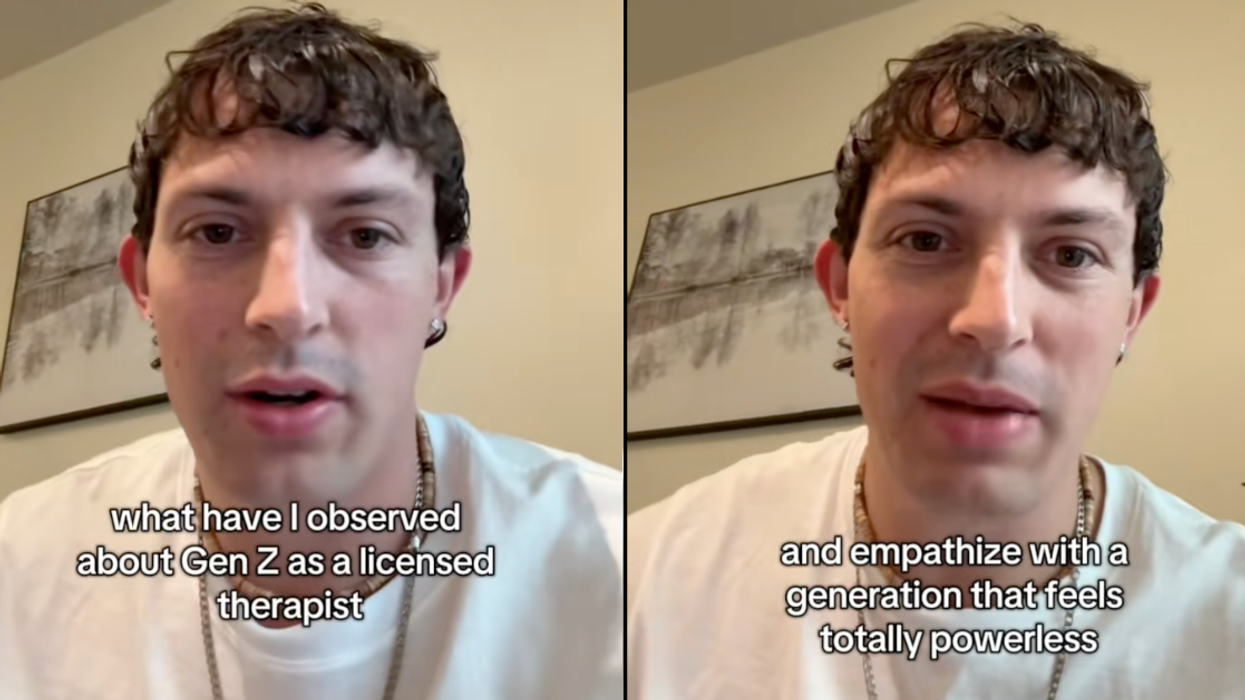
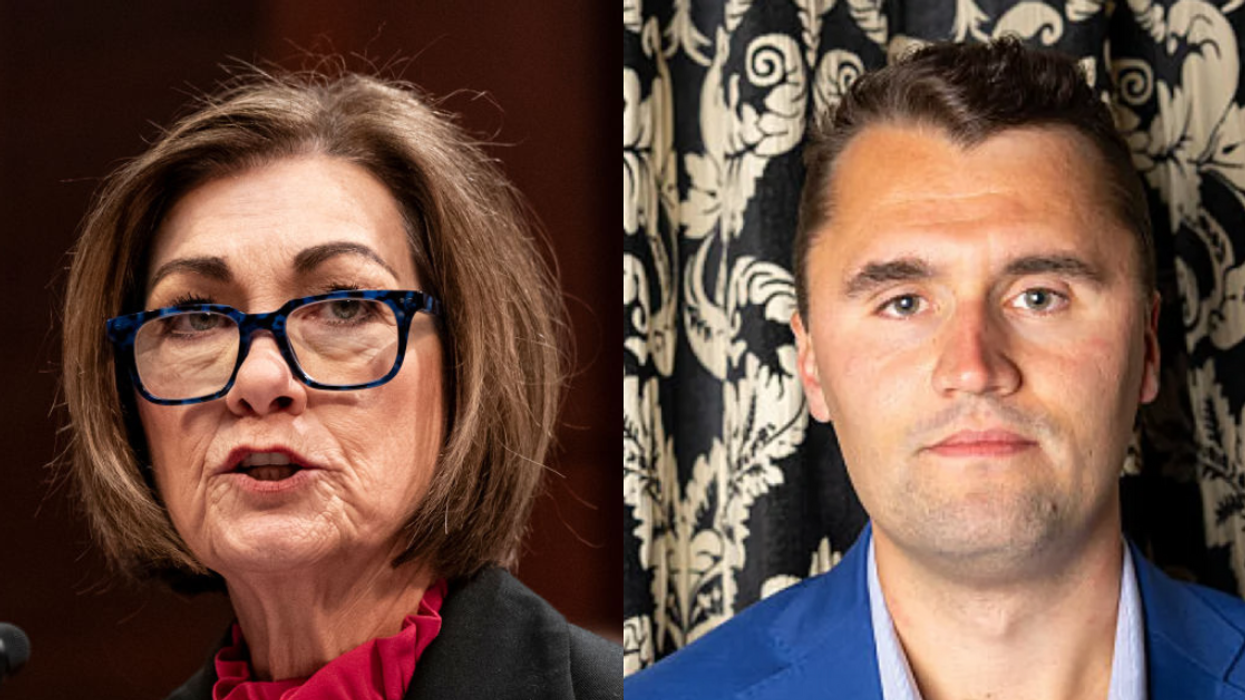
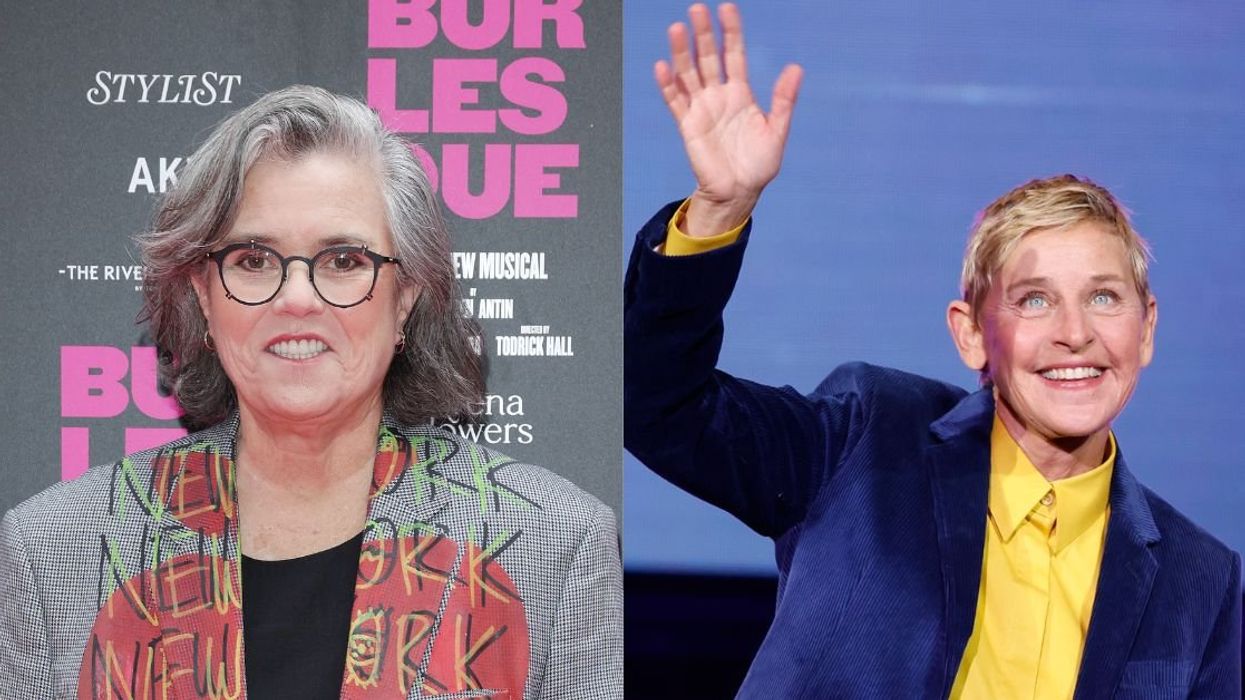
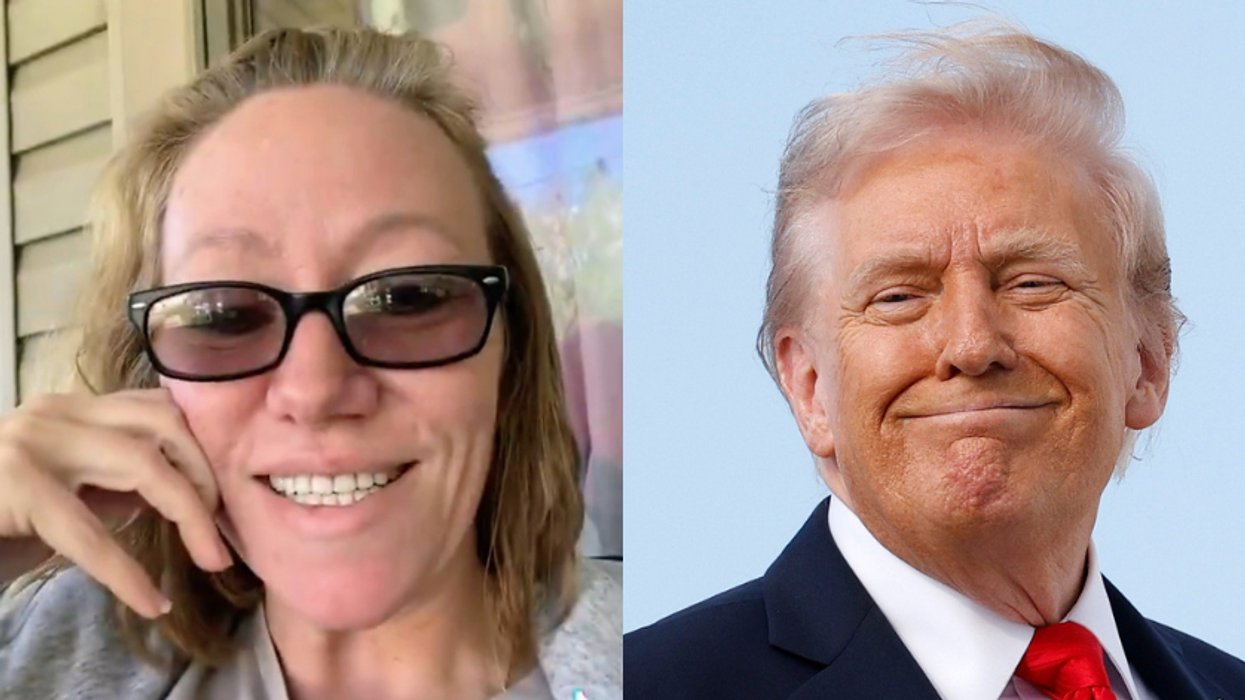


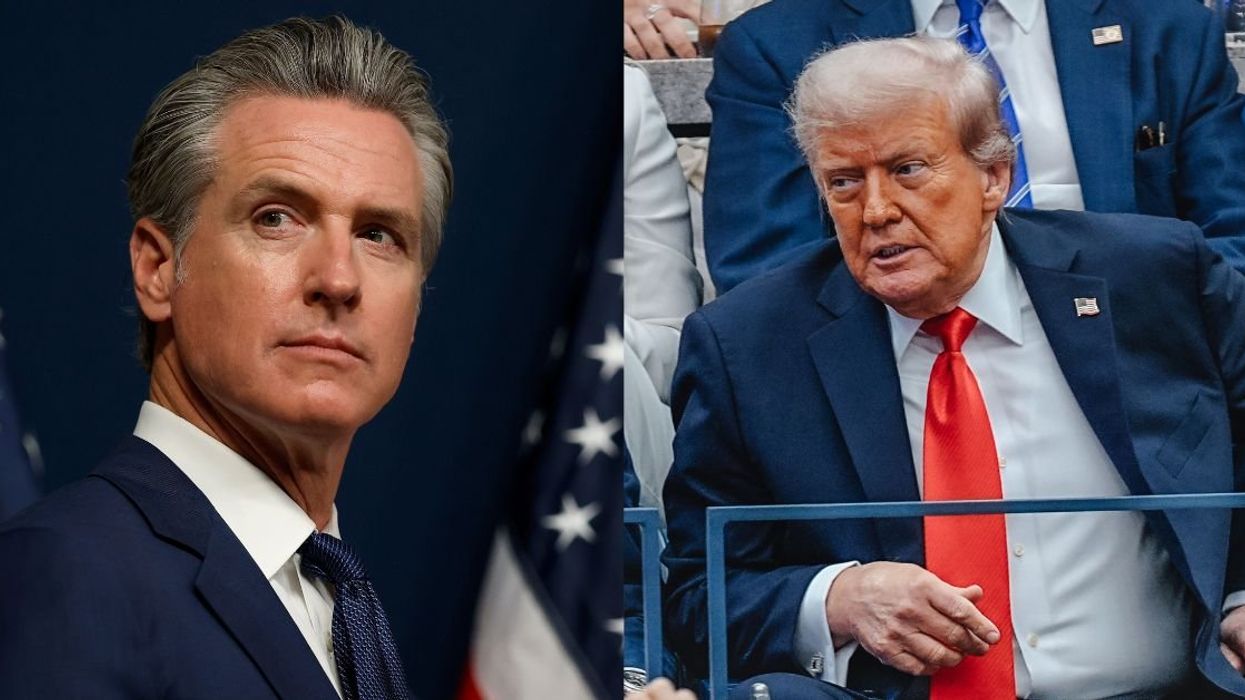
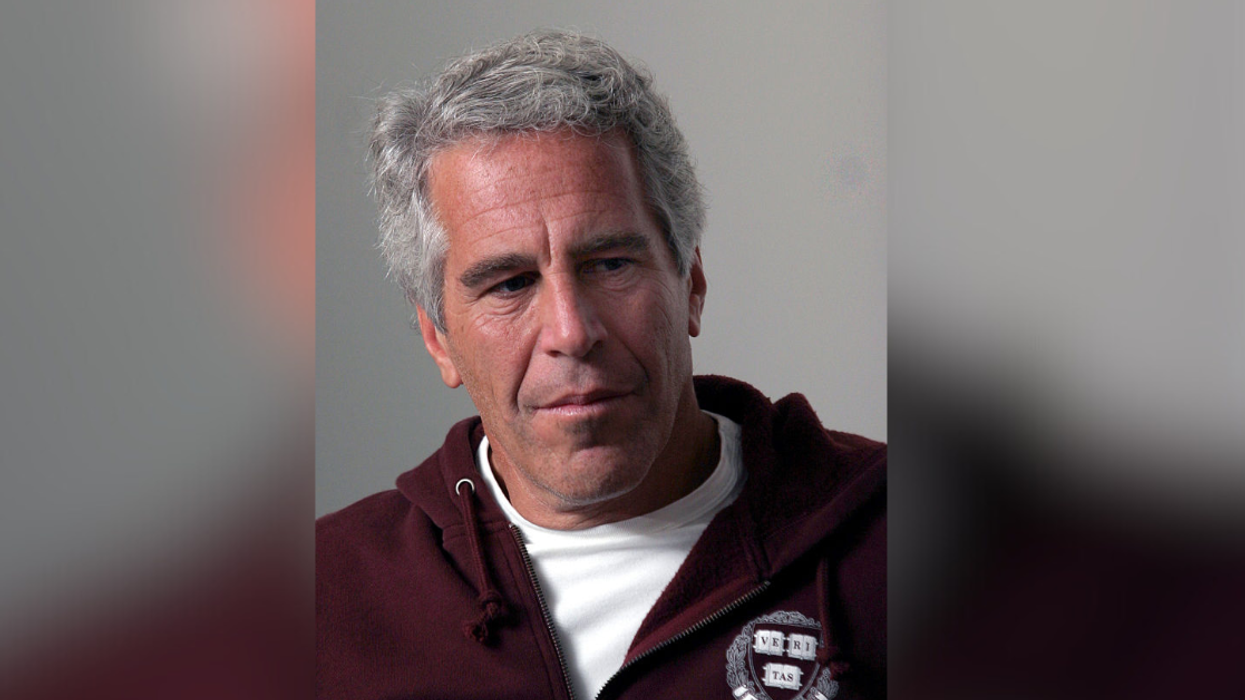

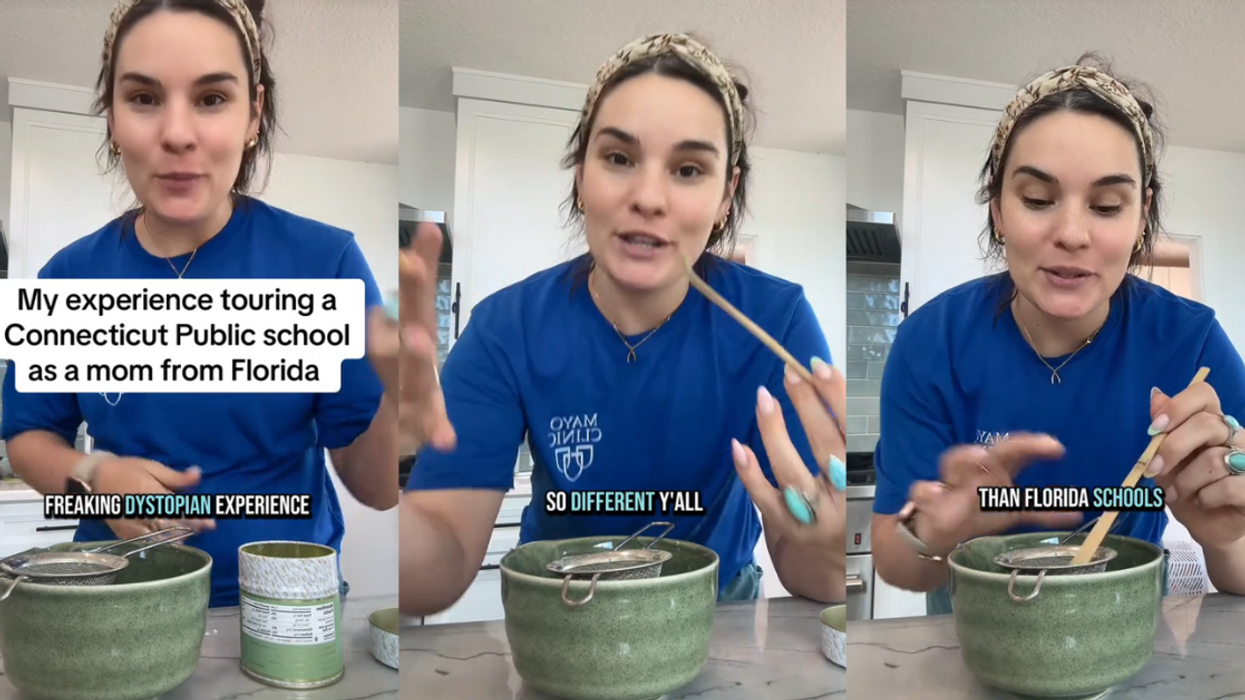


 @sofiavegara/Instagram
@sofiavegara/Instagram @sofiavegara/Instagram
@sofiavegara/Instagram @sofiavegara/Instagram
@sofiavegara/Instagram @sofiavegara/Instagram
@sofiavegara/Instagram @sofiavegara/Instagram
@sofiavegara/Instagram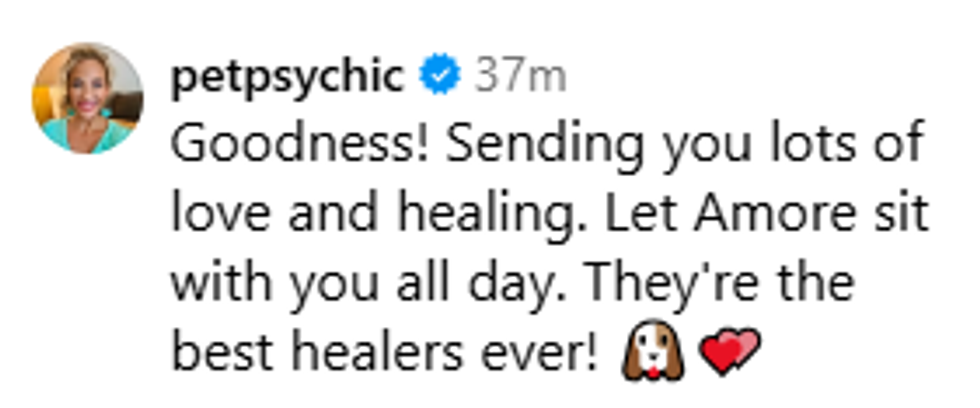 @sofiavegara/Instagram
@sofiavegara/Instagram @sofiavegara/Instagram
@sofiavegara/Instagram @sofiavegara/Instagram
@sofiavegara/Instagram @sofiavegara/Instagram
@sofiavegara/Instagram @sofiavegara/Instagram
@sofiavegara/Instagram @sofiavegara/Instagram
@sofiavegara/Instagram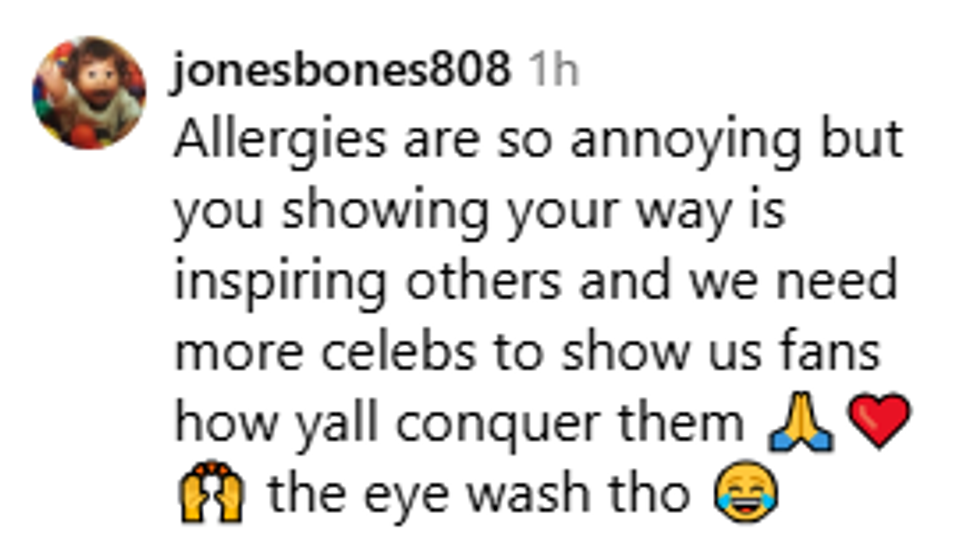 @sofiavegara/Instagram
@sofiavegara/Instagram
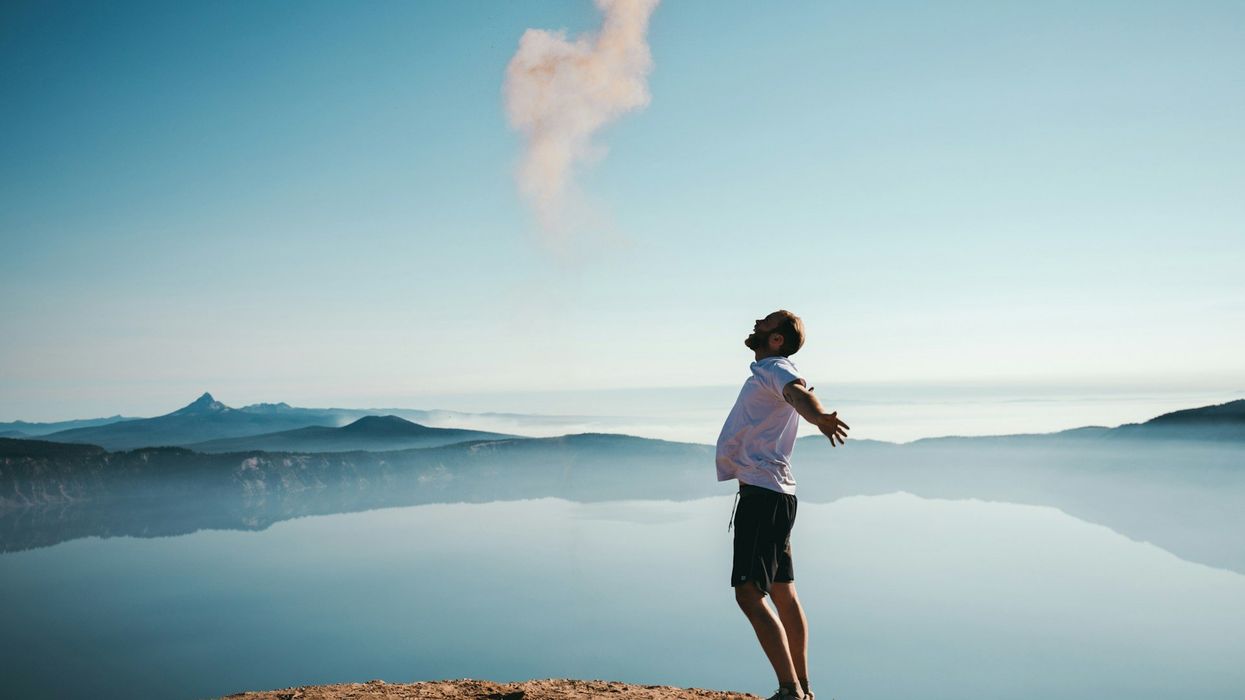
 Nervous The Big Bang Theory GIF
Nervous The Big Bang Theory GIF 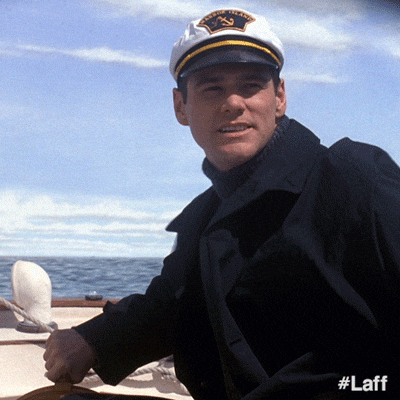 Happy Jim Carrey GIF by Laff
Happy Jim Carrey GIF by Laff  Happy So Excited GIF
Happy So Excited GIF  Breathe Jack Black GIF by Regal
Breathe Jack Black GIF by Regal